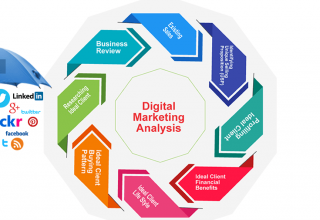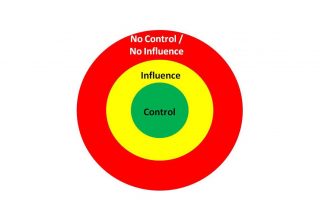
It is 4am on a Wednesday. The whole country is excited about the papal visit which begins later in the evening. I am about to miss this auspicious occasion since I am headed out of town. Something is disturbing me though, almost clouding the thought of missing this visit. The negative perception that a lot of people have on banks, yet they are enablers of personal and economic development rather than mean profit chasers.
Kazungu picked me up early in the morning. As we left the house, he asked me if I was a banker. I got a bit scared. While he was from a known taxi company, it was the first time I met him. What I forgot was that he actually knew where I worked based on the pick and drop instructions from their contact centre. So, belatedly, I responded on the affirmative. He narrated an experience with a local bank that got me thinking.
A few years back, Kazungu managed to buy a house in Umoja, in the suburbs of Nairobi, from which he gets close to Kshs 50,000 in rental income. He opened an account with this bank for tenants to have an easier way of payments. Since 2013, all the rent is collected through the same account. Recently, he had a pressing need and thought about accessing a loan from the bank.
First, Kazungu decided to go to his domicile branch, just to ensure he talked to the right people. The place was crowded with so many customers, but he had patience to wait for his turn to be served. When he got to the customer service assistant almost one and half hours later, the gentleman said that the people who are supposed to handle such enquiries for loans were out of the office. That probably he should check the following morning. Kazungu insisted that the only window of opportunity to pursue such an endeavor for this week was then, that the following morning was not possible. The assistant shamelessly told him to wait for the following week then. He asked if he could see the branch manager, who apparently was out of office as well. How convenient people can layout things. He asked if there was any other person who could at least share any hint on the product; the assistant adamantly insisted that there was nobody. Two hours later, Kazungu walked out a dejected person, not even with information, forget about applications or approvals.
As he narrated this experience, I pensively ran this through the number of times I have listened to customer complaints. A lot of products in the most industries today remain the same, conventional and no differentiation. In fact the same services offered for example in TV subscription in Kenya will not differ significantly with what is offered in Turin, Italy. So, the major area of differentiation remains on how the service is offered. The customer experience.
There has been a lot metamorphosis in this area. Years ago, there was a lot of focus in customer service, which is very reactionary to what customers ask for. And then customer delight took charge, trying to ensure the customer is happy. A more emerging trend is customer experience that is very proactive and focuses on creating a lasting impression to the customer. This creates an emotional connection.
Any business that wants to compete in the present environment must consider its position when it comes to customer experience. This begins by understanding the product offering well, and using the benefits to create a fanatical following. One of the most important tools is having a customer experience charter that every employee adheres to, which ensures standardisation. I know an organisation which if you sit at the customer benches for ten minutes, you are likely to get ten people asking you whether you have been served, as long they pass around. This is embedded in the customer experience charter.
The other step is enhancing feedback mechanisms, from the archaic suggestion boxes to social media platforms and response emails. A lot of information from customers trickles down through these platforms. But a more proactive approach is use of focused group discussions of eight to ten customers and surveys to get feedback from customers. Therefore, for those who want to survive into the next generation, consider the place of customer experience in your strategy.
______________________________________

Zak Syengo is the Senior Manager Marketing & Communications


















